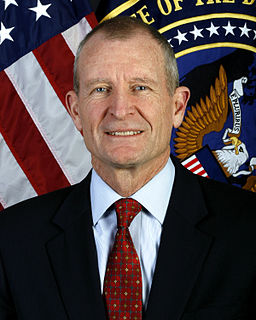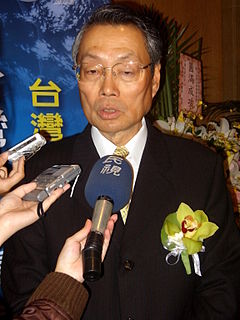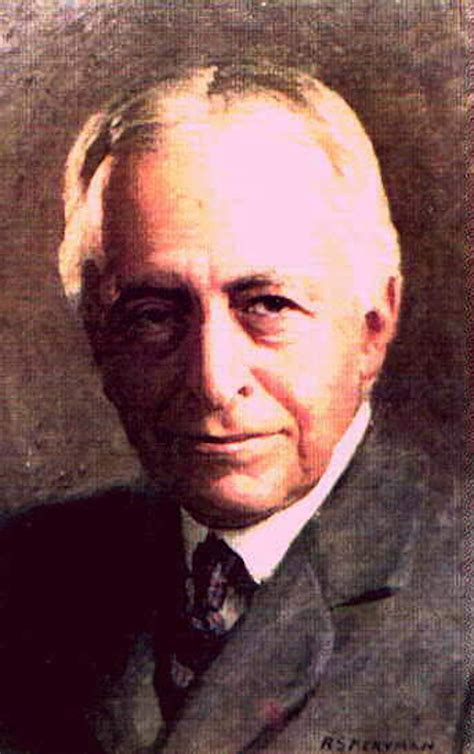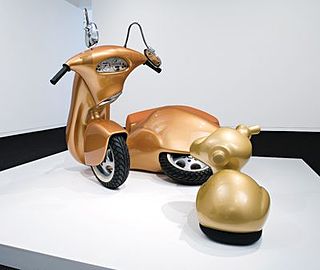Top 1200 Industrial Revolution Quotes & Sayings
Explore popular Industrial Revolution quotes.
Last updated on November 21, 2024.
Biomimicry is innovation inspired by nature. In a society accustomed to dominating or 'improving' nature, this respectful imitation is a radically new approach, a revolution really. Unlike the Industrial Revolution, the Biomimicry Revolution introduces an era based not on what we can extract from nature, but on what we can learn from her.
The white man knows what a revolution is. He knows that the Black Revolution is worldwide in scope and in nature. The Black Revolution is sweeping Asia, is sweeping Africa, is rearing its head in Latin America. The Cuban Revolution - that's a revolution. They overturned the system. Revolution is in Asia, revolution is in Africa, and the white man is screaming because he sees revolution in Latin America. How do you think he'll react to you when you learn what a real revolution is?
A revolution is bloody. Revolution is hostile. Revolution knows no compromise. Revolution overturns and destroys everything that gets in its way. And you, sitting around here like a knot on the wall, saying, “I’m going to love these folks no matter how much they hate me.” No, you need a revolution. Whoever heard of a revolution where they lock arms, as Reverend Cleage was pointing out beautifully, singing “We Shall Overcome”? Just tell me. You don’t do that in a revolution. You don’t do any singing; you’re too busy swinging.
I am grateful to the fossil fuel industry for bringing us the concentrated carbon that took us through the Industrial Revolution and through the technological revolution and brought us to the gateway of the renewable energy revolution, or what I call the sunlight revolution. But that is where we must part ways. It's the natural order.
The cost reductions for renewable energy continue downward in a very dramatic way. We're in the early stages of a sustainability revolution in the globe that has the scale of the industrial revolution but the speed of the digital revolution. And you see it with renewable energy and you see it with LED lighting, which takes a fraction of the energy for the existing bulbs. All new lights are going to be LED. Electric vehicles. There are a lot of changes underway right now. I'm excited by the prospect, and I look forward to working in the months and years to come to accelerate this transition.
The industrial revolution fueled all of humanity, everything we do has been exploding ever since. It's been the biggest most impacting thing, not only for human beings in the last 250 million years, but also the planet, which caused the ice age, which buried the forest. It's this circle because of the industrial revolution, it's neither good or bad, it enabled all of modernization, extended our life, it changed everything. It's the most impactful thing that happened to the planet and the people.
I don't. We've had three technological revolutions that have changed the course of human history, all driven by physics. In the first, the industrial revolution, physicists developed Newtonian mechanics and thermodynamics, which gave us the steam engine and machine power. The second technological revolution was the electricity revolution. That gave us radio, television, and telecommunications. Then, physicists developed the laser and the transistor.
I have a personal staff that helps me scour the internet and other media for the latest scientific peer-reviewed findings, the latest examples of climate-related extreme weather events, and the latest examples of progress. The world is in the midst of a sustainability revolution that has the scope of the industrial revolution, but with the speed of the digital revolution. That's not enough without new laws and the right kind of political leadership. But it does give us a base from which to build a movement that will save us from the most catastrophic consequences of the climate crisis.
I think that human beings have gotten as far as we've gotten because of our adaptability, our ability to adapt, and our ability to dovetail our technologies - our brains to our tools. With the Industrial Revolution, we transcended the limits of our muscles. With the digital revolution, we transcend the limits of our minds.
Because I had visited Silicon Valley, I recognized the microprocessor was going to lead the second industrial revolution. We Chinese could not miss that opportunity again - we missed the first industrial revolution already. We put our effort into trying to bring this new technology from the United States to Taiwan. That was the begining of Acer.
When the industrial revolution happened there was the Luddistic movement, and there was a fear that machinery would replace all the labor. Whenever we had a technological revolution we had this fear. So if you look backwards, these fears were not justified, and I think they were driven by our very human inability to visualize what new jobs will be created by this new technology.
The information revolution has changed people's perception of wealth. We originally said that land was wealth. Then we thought it was industrial production. Now we realize it's intellectual capital. The market is showing us that intellectual capital is far more important that money. This is a major change in the way the world works. the same thing that happened to the farmers during the Industrial Revolution is now happening to people in industry as we move into the information age.
When the Industrial Revolution started, the amount of carbon sitting underneath Britain in the form of coal was as big as the amount of carbon sitting under Saudi Arabia in the form of oil, and this carbon powered the Industrial Revolution, it put the 'Great' in Great Britain, and led to Britain's temporary world domination.



















































